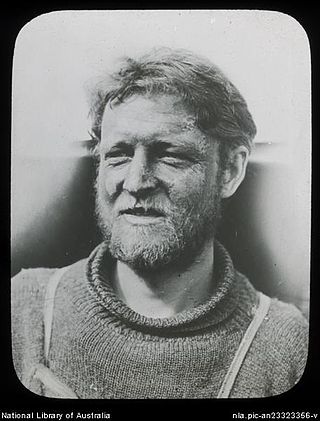Related Research Articles
The Faraday Society was a British society for the study of physical chemistry, founded in 1903 and named in honour of Michael Faraday. In 1980, it merged with several similar organisations, including the Chemical Society, the Royal Institute of Chemistry, and the Society for Analytical Chemistry to form the Royal Society of Chemistry which is both a learned society and a professional body. At that time, the Faraday Division became one of six units within the Royal Society of Chemistry.

The Royal Society of Victoria (RSV) is the oldest scientific society in Victoria, Australia.
The Royal Society of Tropical Medicine and Hygiene, more commonly known by its acronym RSTMH, was founded in 1907 by Sir James Cantlie and George Carmichael Low. Sir Patrick Manson, the Society's first President (1907–1909), was recognised as "the father of tropical medicine" by his biographer. He passed the post on to Sir Ronald Ross, discoverer of the role of mosquitoes in the transmission of malaria.

Cecil Thomas Madigan was an Australian explorer and geologist, academic, aerial surveyor, meteorologist, author and officer of the British army. He was born in Renmark, South Australia. His family had associations with William Benjamin Chaffey.
References
- ↑ "New Fellows of the Royal Society". Nature. 153 (3882): 370–371. March 1, 1944. doi:10.1038/153370b0 – via www.nature.com.